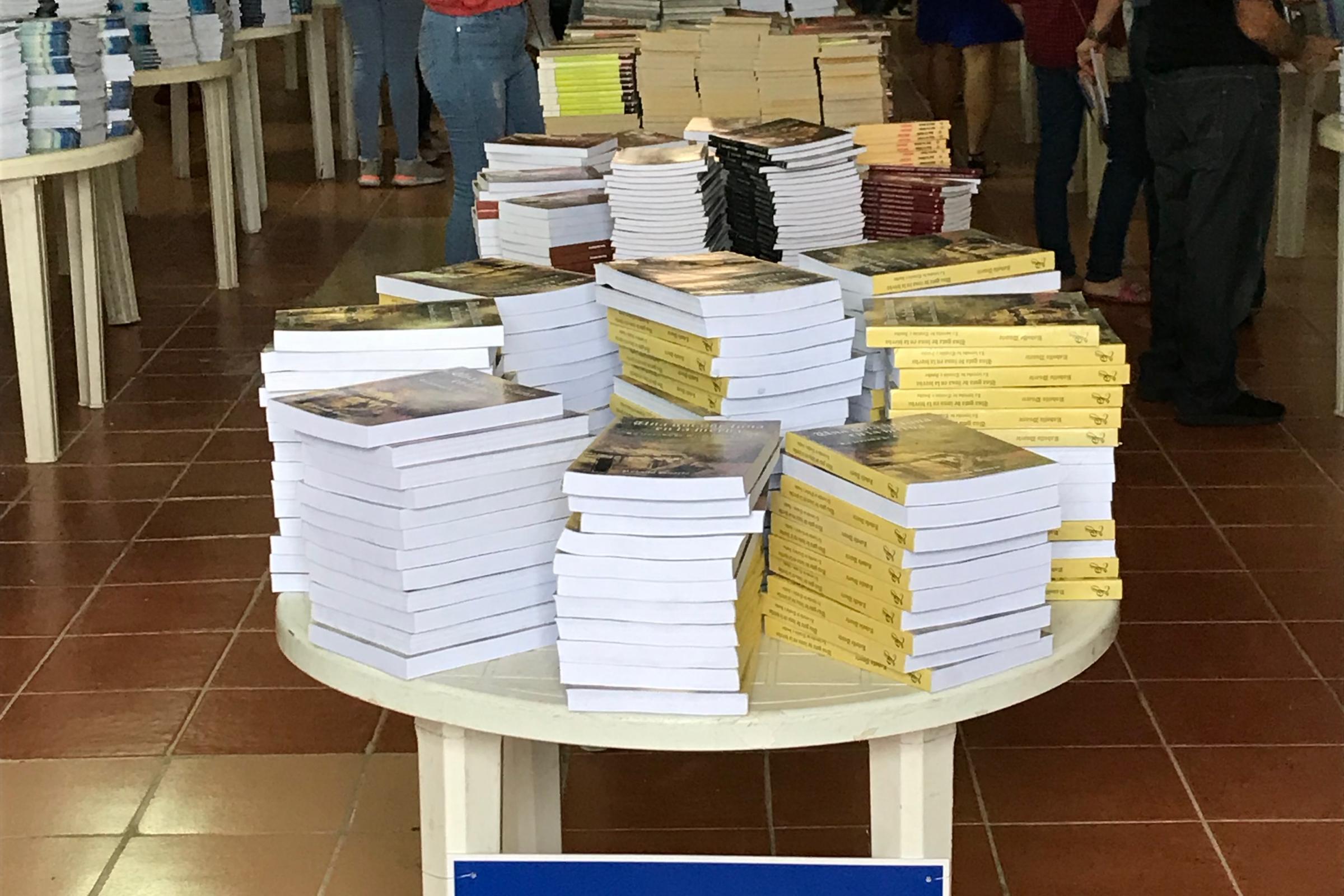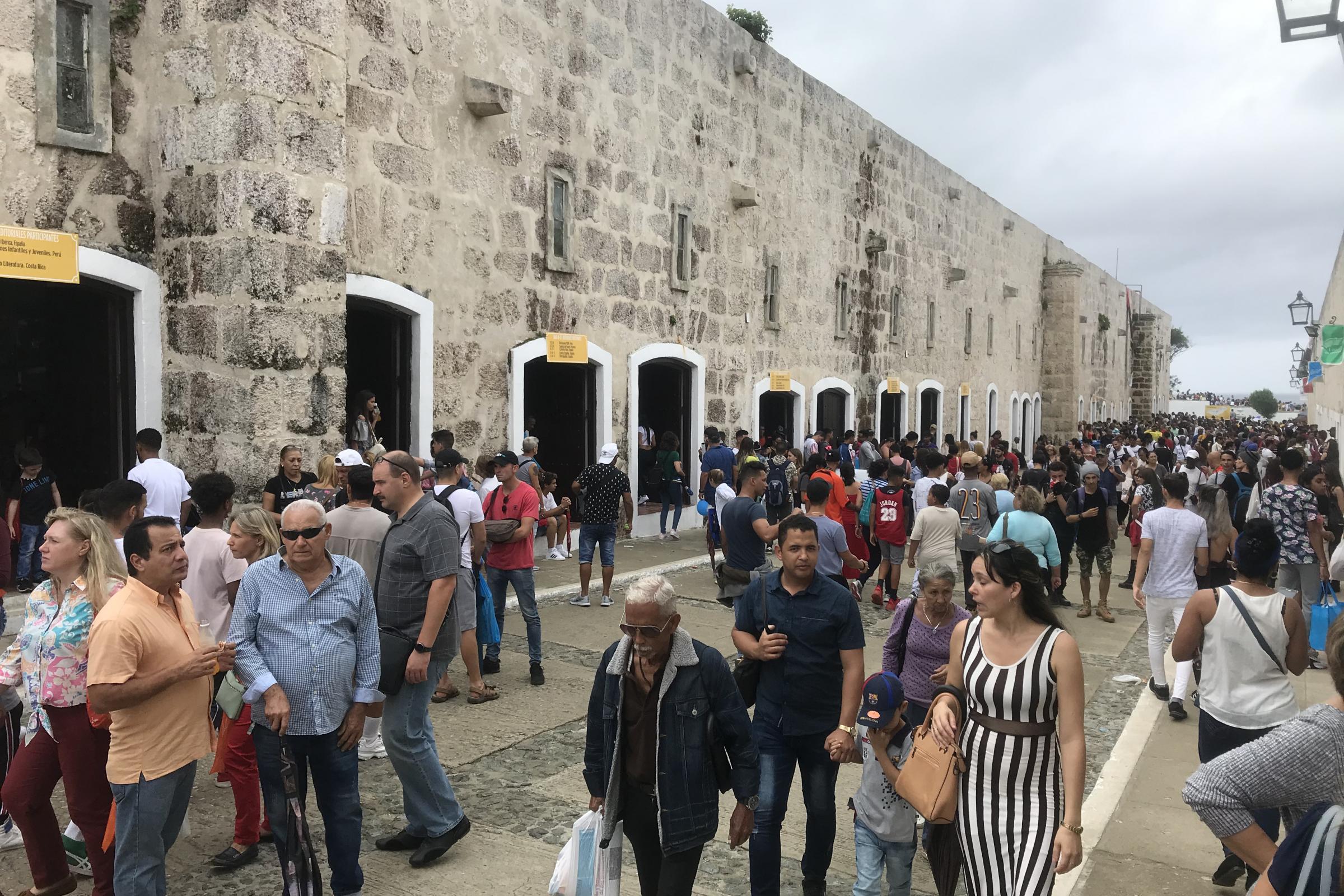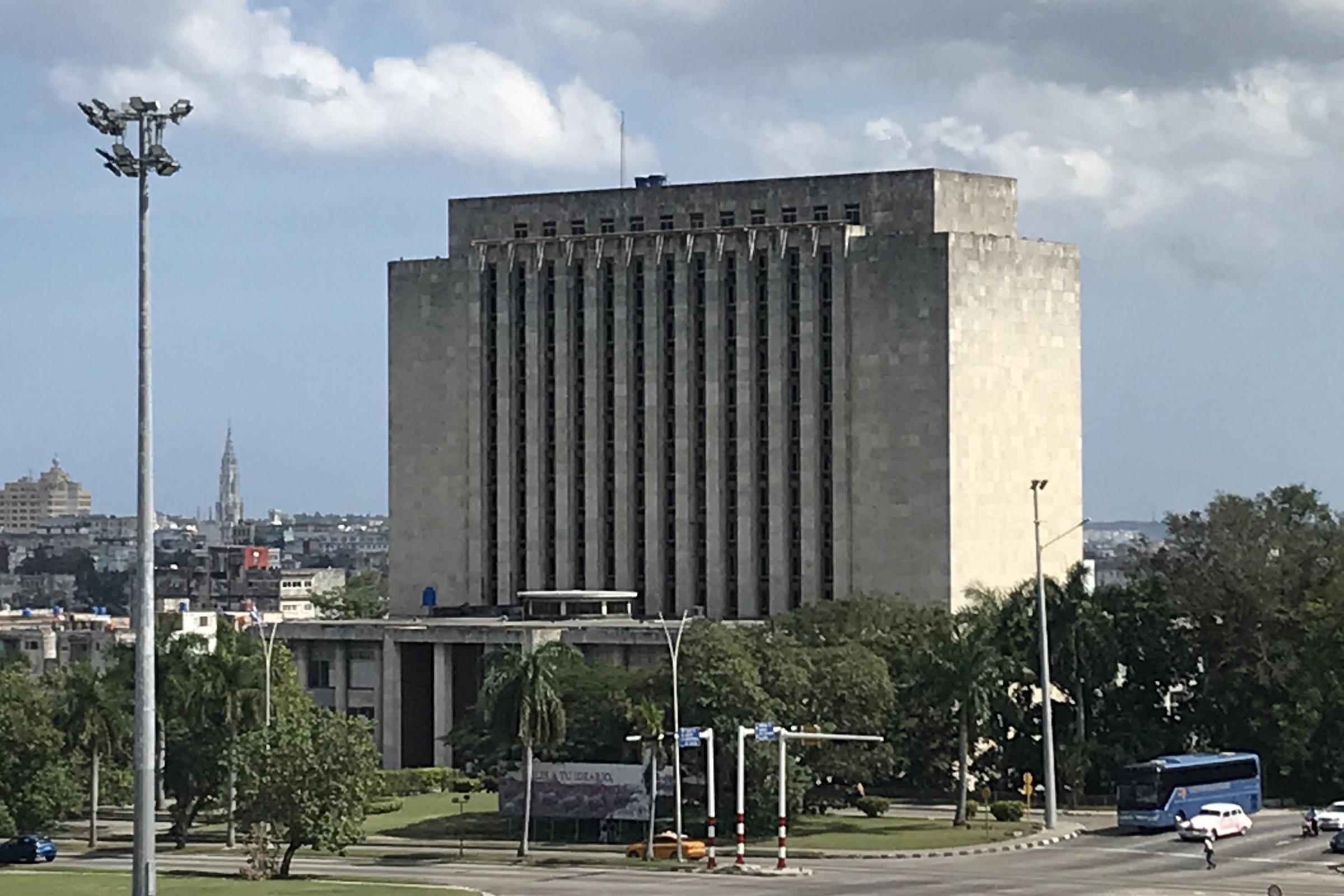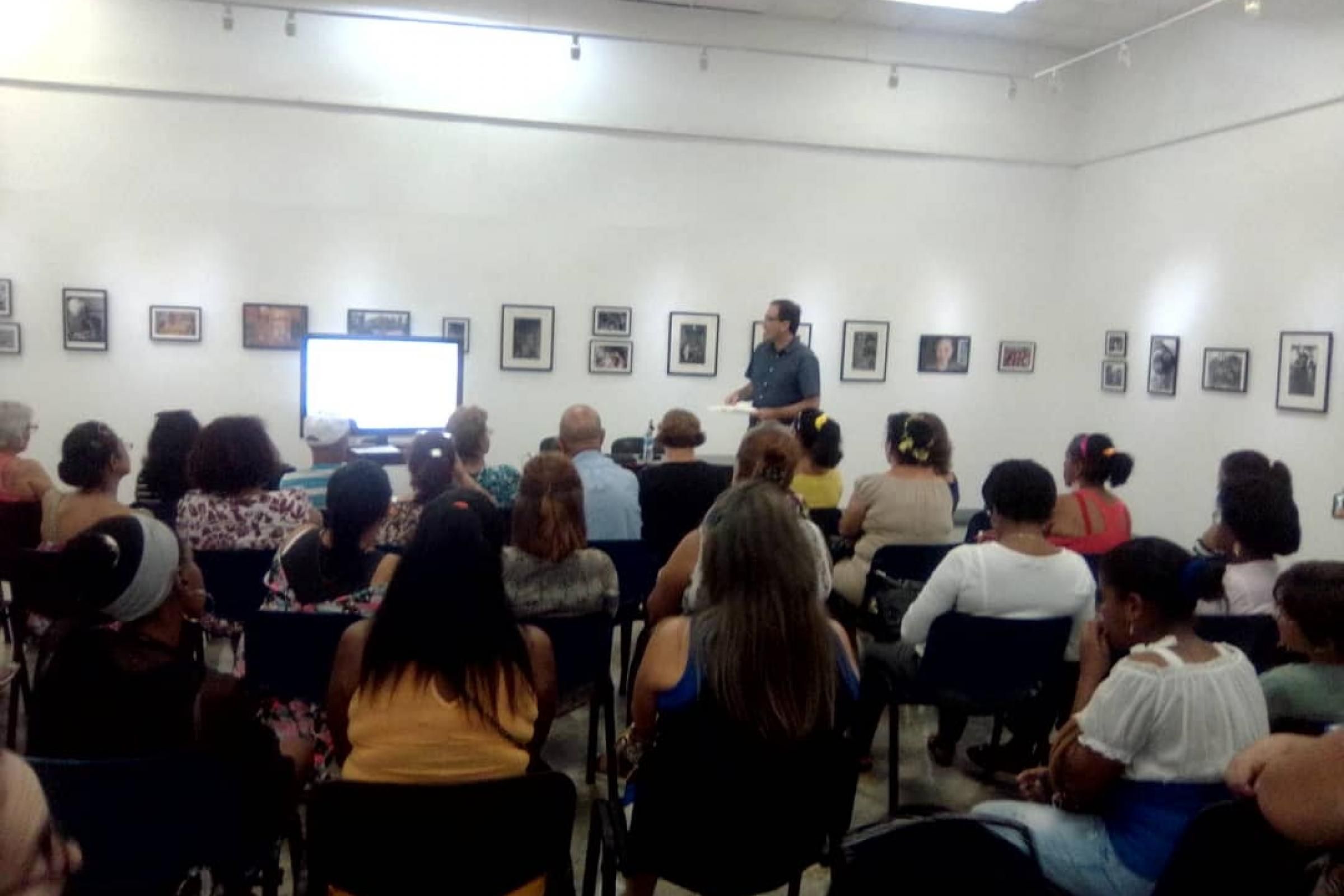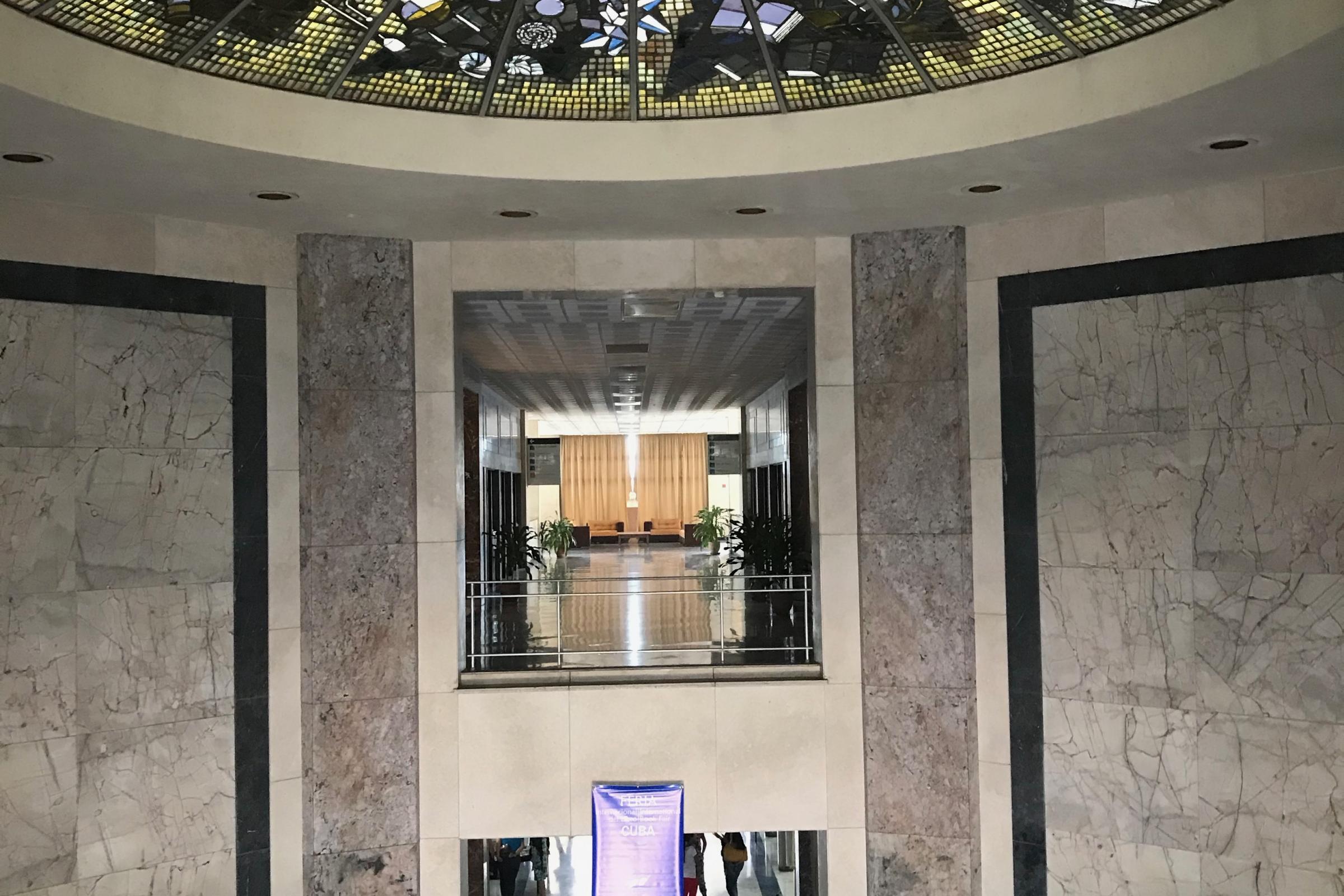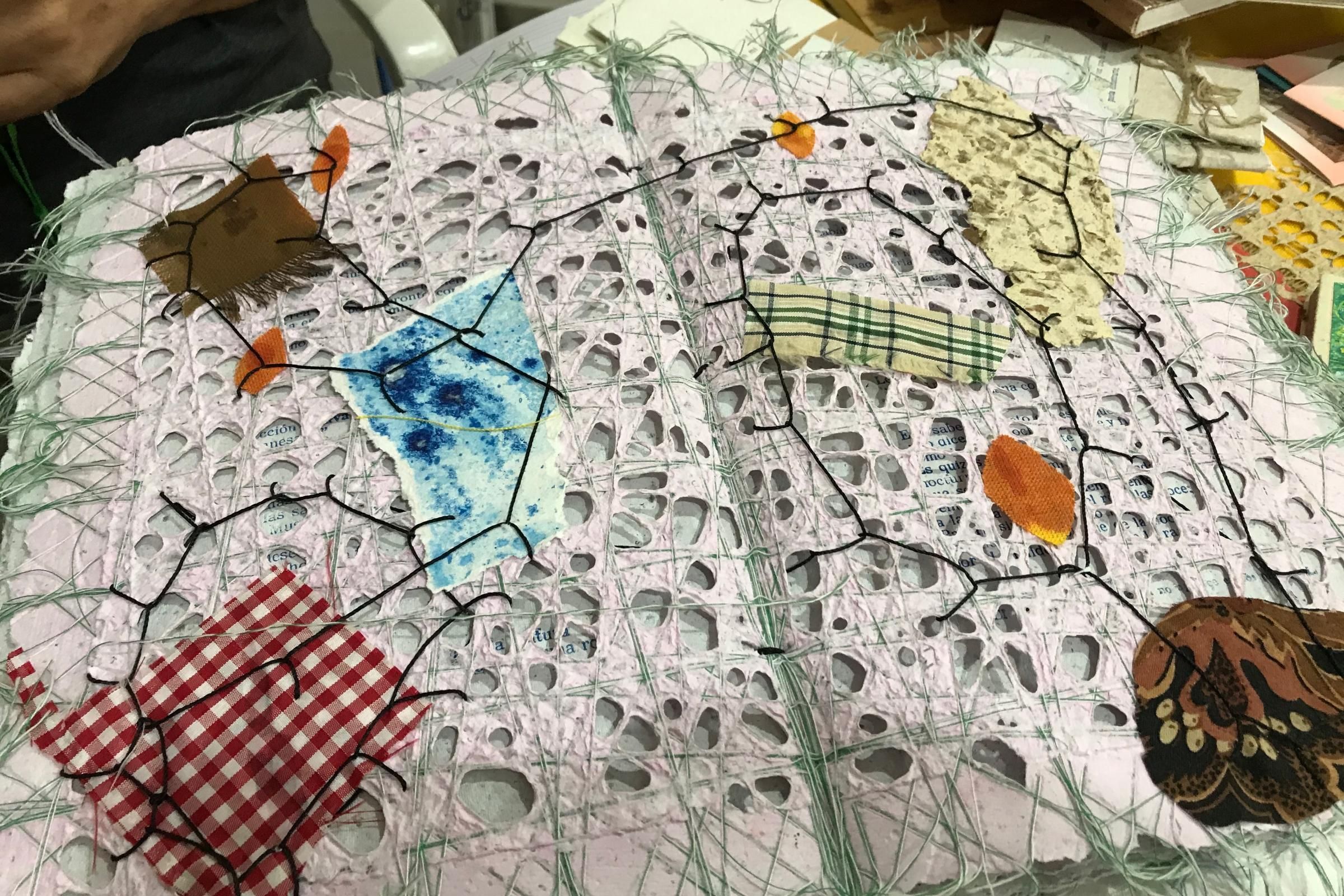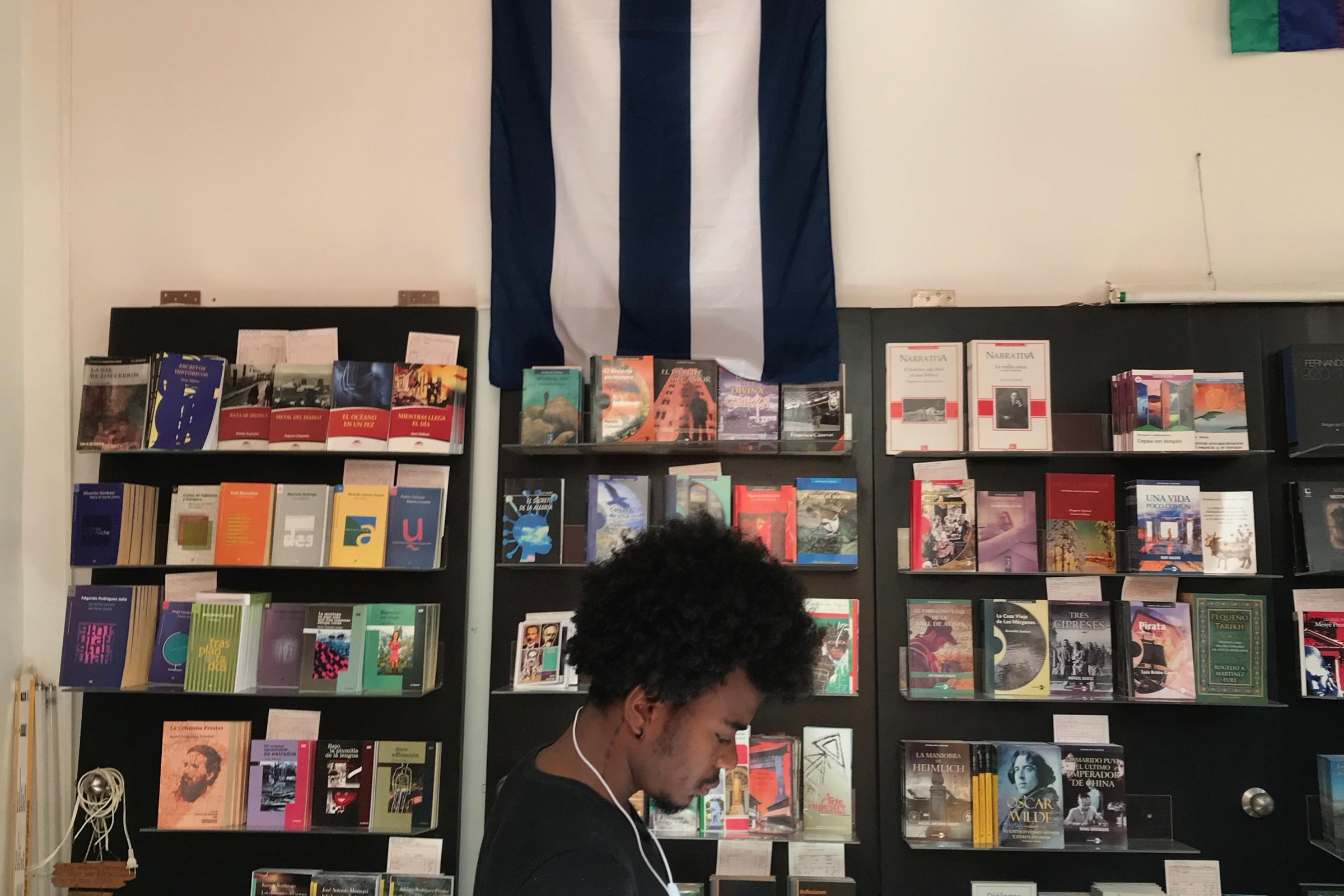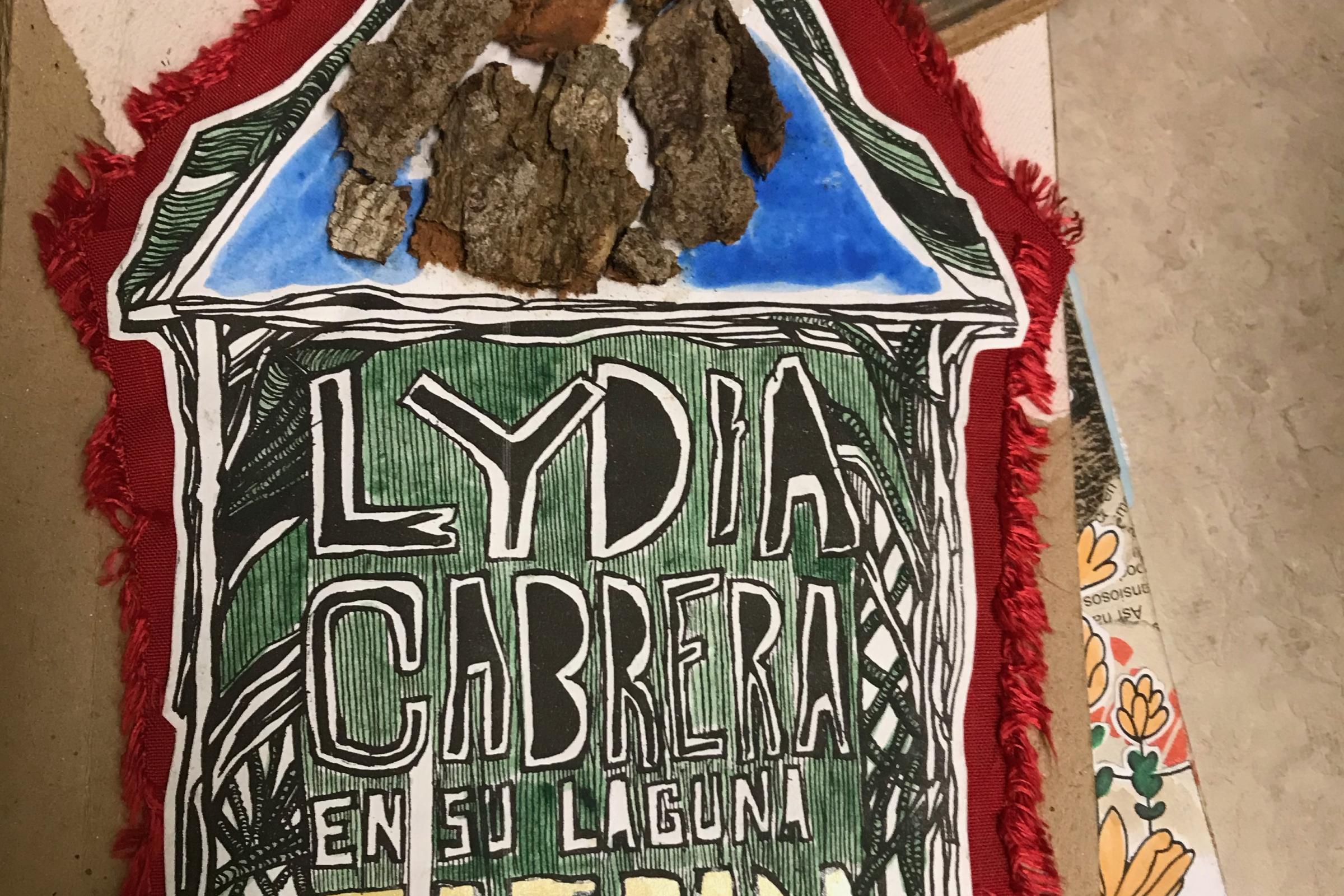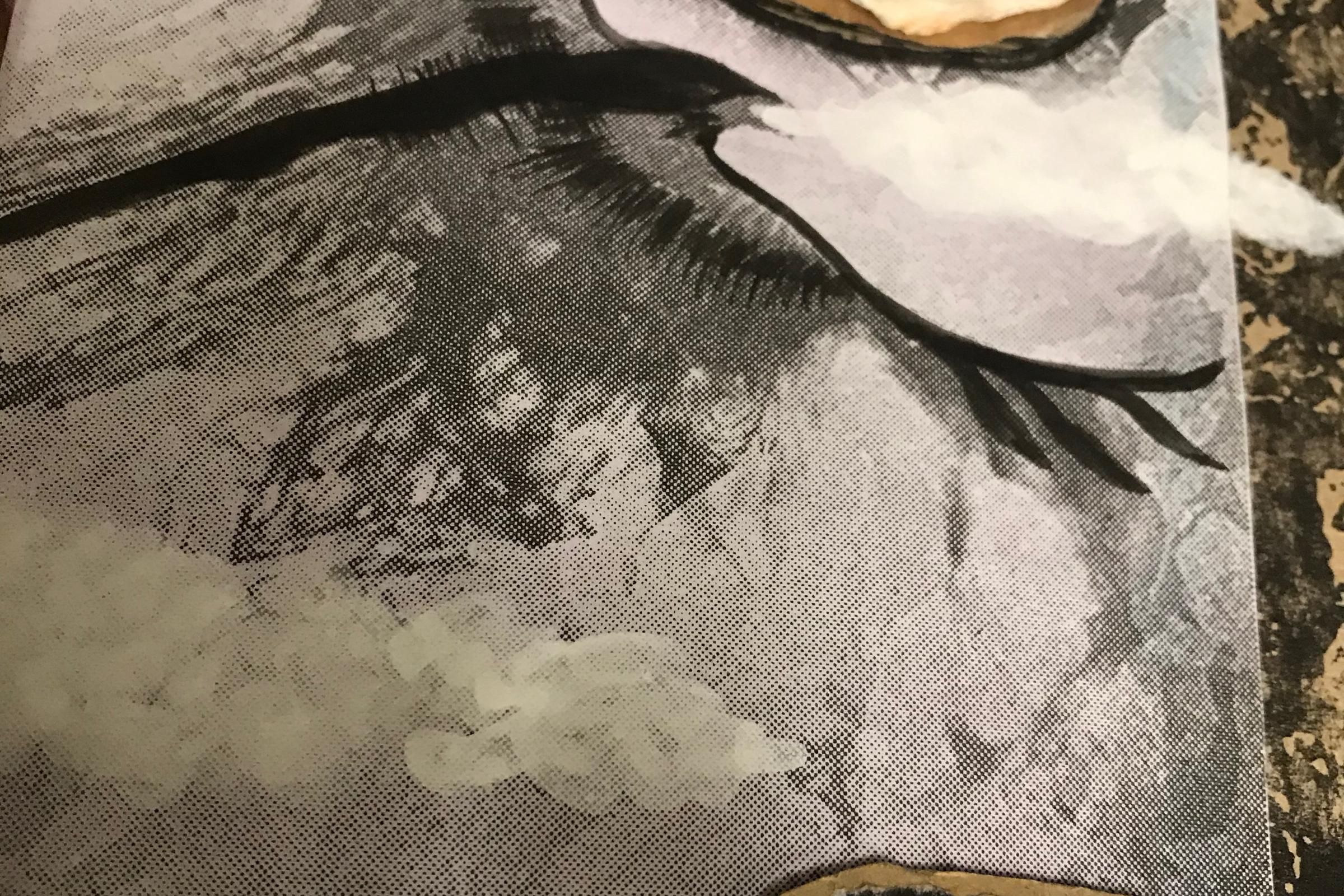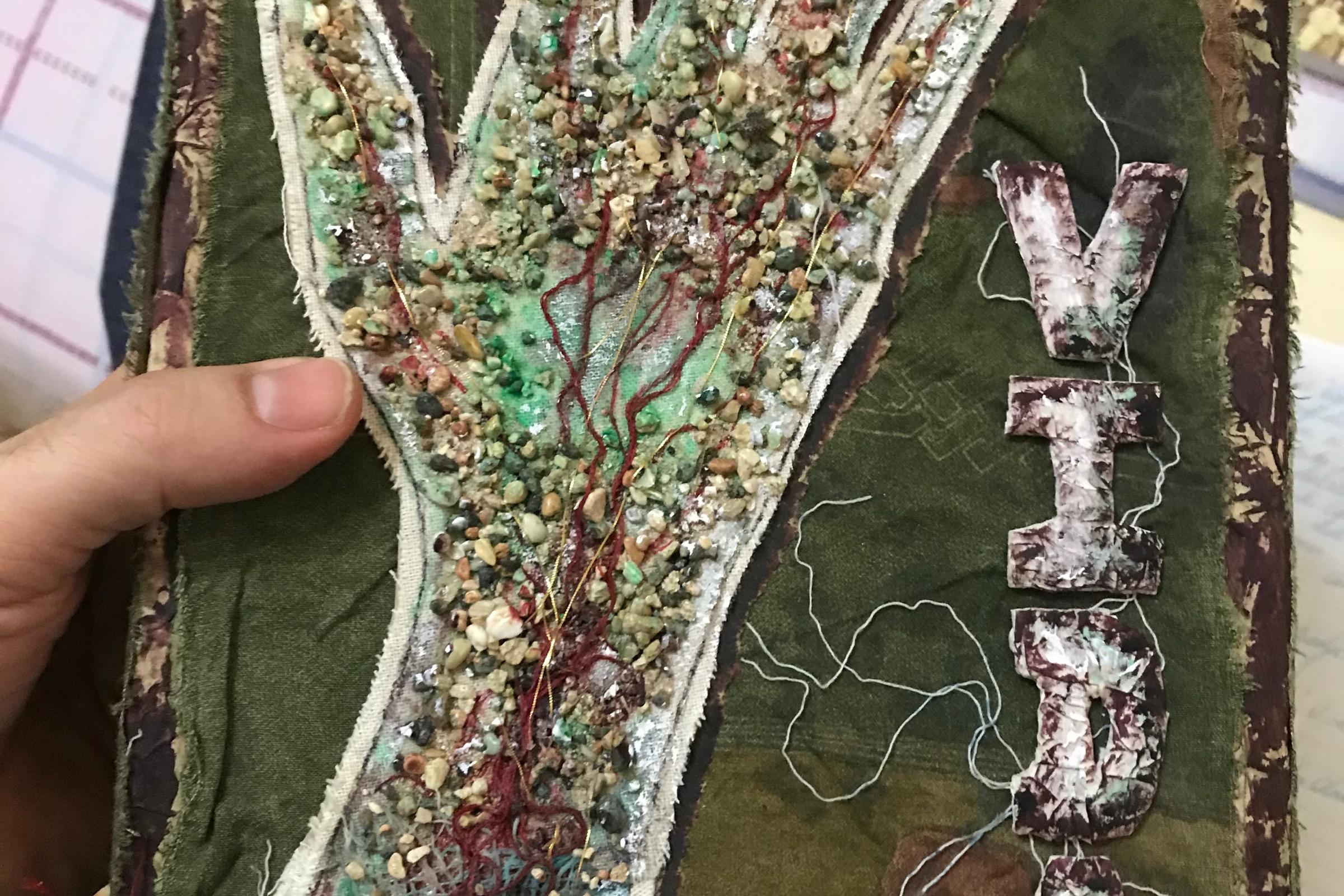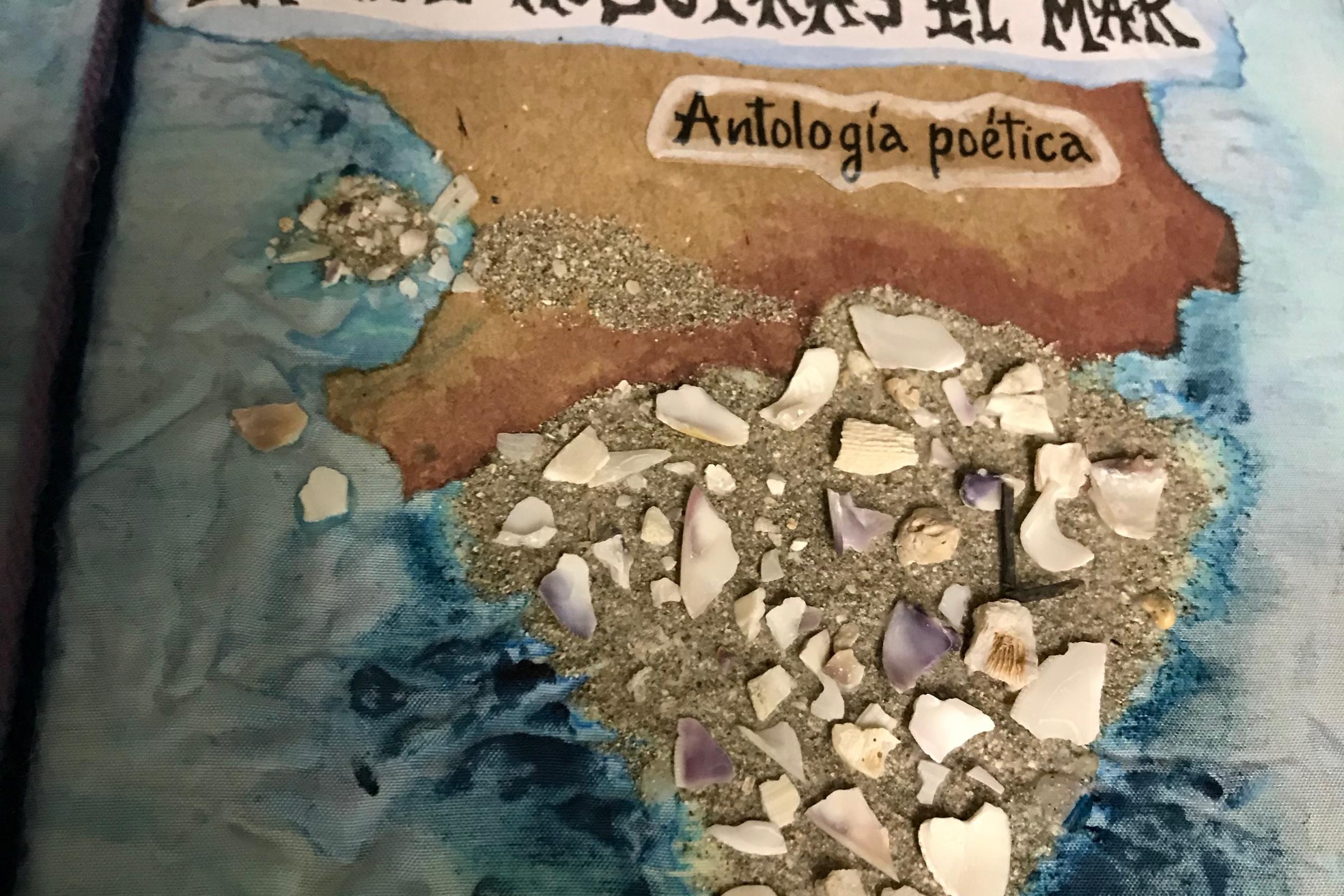I have always wanted to visit Cuba for an acquisitions trip. Cuban books are not easy to buy from the United States. Libraries typically have to establish relations with vendors from other countries that supply Cuban books. For these vendors, the whole bureaucratic process of dealing with Cuban books can be extremely complex. Because of this, Cuban books acquired from the United States can be expensive and hard to find. U.S. librarians greatly appreciate the valuable contributions of these vendors facilitating the acquisitions of Cuban materials. Ideally, a combined effort of acquisitions via vendors and buying trips are key to creating robust Cuban collections.
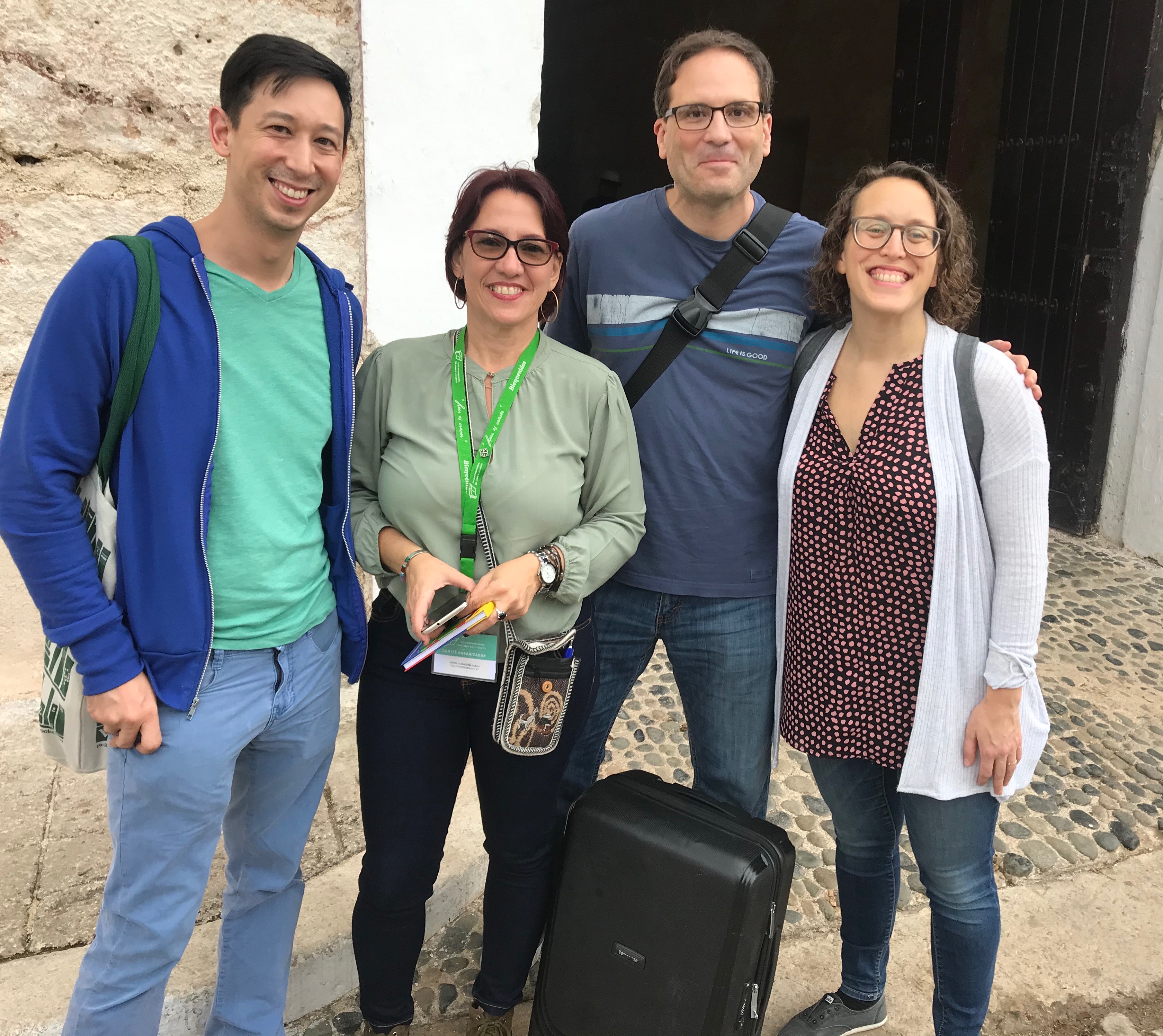
At UAlbany, we have several faculty whose research focus is on Cuban studies. Also, every year students can enroll in a study abroad program in Cuba. These students may want to learn more about the country before and during their trips.
With this clear need in mind, I was fortunate to be invited to participate at the Cuban National Meeting of Library Science, organized by ASCUBI (Cuban Librarians Association), that took place at the National Library Jose Martí in February during Havana's International Book Fair. This opportunity allowed me to kill three birds in one shot. I got to establish contacts with Cuban librarians and archivists, learn about other librarianship perspectives from them, and attend the book fair to acquire materials for our library.
My presentation focused on the design and implementation of a sustainable information literacy program in Latin American, Caribbean and U.S. Latino Studies I have developed at UAlbany. I am always interested in learning about new approaches to information literacy and how I can decolonize our curriculum in order to bring other points of view in learning and teaching. Because of the difficult situation in Cuba, due to the scarcity of many resources, librarians are highly creative, constantly improvising and adjusting as needed. Cuban people have a deep sense of community that you can breathe in every single detail of their daily lives. I was amazed about how the Q&A sections of each panel were organized. Instead of being a one-on-one conversation between the person asking and the panelist responding, they were all communal conversations about how they can face challenges and issues together.
Professional trips abroad for librarians are also useful because you establish connections with various research institutions that might help our faculty and students in the future. During this trip in Cuba, I organized several visits along with two other U.S. librarians: Rachel Stein from Tulane and Martin Tsang of the University of Miami. Among them, we had meetings at the library and archive of ICAIC (Cuban Institute of Cinematographic Art and Industry), La Havana Film Festival, a society focusing on the Cuban Chinese Community, and the Casa de las Américas, the most prestigious cultural institution in Cuba that holds a rich archive documenting cultural Cuban relations with the rest of Latin America. A few UAlbany faculty have presented at conferences organized by this center. All these experiences will allow me to better support Cuban research needs for our users.
"Cuban books acquired from the United States can be expensive and hard to find. Ideally, a combined effort of acquisitions via vendors and buying trips are key to creating robust Cuban collections."
Before I travel to a Spanish-speaking country, I ask faculty and students in the Spanish program and the Department of Latin American, Caribbean, and U.S. Latino studies about their research, teaching, and learning needs. For this trip to Cuba, they were mainly interested in the following topics: environmental studies, race issues (including Afro-Cuban topics), children’s literature, sound studies, film studies, tourism, history, youth, and women studies. I was fortunate to find materials on all these subjects both at the book fair and bookstores in La Habana.
As I was preparing for this trip, it was evident that the most cost-effective way to acquire materials in Cuba was to do it directly by myself. I did extensive research about how to approach this endeavor and consulted with several experts, including a lawyer, our vendor for Cuban materials, RettaLibros, and of course our helpful acquisitions staff, especially Kate Latal, Head of Acquisitions Services. A Cuban book acquired from a vendor is about $20-60. If you acquire them directly from Cuba, prices range from a few cents to $15 per title. It should also be noted that many books can only be obtained as donations without vendor intervention.
In addition to cost savings and being able to acquire hard to find materials (or only available by donation), you might wonder why it is important to undertake trips to countries such as Cuba. Let me mention just a few more: most books are only available in print, and the ebook market is incipient; vendors cannot always offer all the extensive catalog of the Cuban publishing output; librarians learn about publishers that they were previously unaware of; and the ability to share information and establish connections with the various agents involved in the book market in a quick way that would be more time-consuming in a virtual environment.
Now, let me share with you some numbers about my acquisitions trip. During the last decade, UAlbany Libraries have acquired 157 Cuban books. Just during this trip, I was able to acquire more than 200 books (44 of them were donations). This has greatly increased our Cuban collection with materials that are relevant for our users; in fact, they have requested notification for 98 of them as soon as they are cataloged. In terms of uniqueness, none of the books are currently available in any of the SUNY libraries and in several cases, these books are the only one or one of very few in the United States.
"I always want to make sure that faculty and students feel they are an integral part of building our collections..."
As part of my acquisitions trips, I always want to make sure that faculty and students feel they are an integral part of building our collections, from asking them about their research topics and potential titles to acquire, to sharing with them information about the materials before they are cataloged. Regarding the latter, I share pictures of the trip as it is happening and I also upload images of all the covers of the books acquired in the Facebook group Latin American, Caribbean, Latinx, and Hispanic Resources for the UAlbany community that I created nearly a decade ago. Tagging faculty and students is a great way to alert them of titles of potential interest for them and also an easy way for them to let me know if they want to be notified as soon as the titles are ready for check out.
Finally, I would like to share with you some of the initiatives that I developed or I am currently exploring since I returned from Cuba. A faculty member of Political Science, Dr. José Cruz, invited me to have a conversation with his students in his course on Latino Politics. This opportunity was a great venue for me to share my experience when my trip was still fresh in my mind and for students to ask questions on a country they have been studying as part of their course.
Alejandra Bronfman, faculty in the Department of Latin American, Caribbean, and U.S. Latino Studies, is interested in co-curating an exhibit with some of the special materials that I brought produced by independent artisan publishers Casa Editora Cuadernos Papiro and Ediciones Vigía. Bronfman, in collaboration with Ilka Kressner (faculty in the Spanish Program), are planning to undertake a research project on these special books created by those Cuban independent artisan publishers.
I am also planning to meet with Dr. Carrie Prior Wojenski, Associate Vice Provost for Global Academic Programs at the University at Albany, SUNY, to explore possibilities of establishing a Libraries – UAlbany global academic programs collaboration where the Libraries could provide an outreach effort to connect students with resources related to their study abroad trips. All these are examples of the endless possibilities a trip like this can generate to expand our Libraries’ research, teaching, and learning support for our students and faculty.
Congratulations, Jesús! He's a recipient of the 2020 I Love My Librarian Award.
